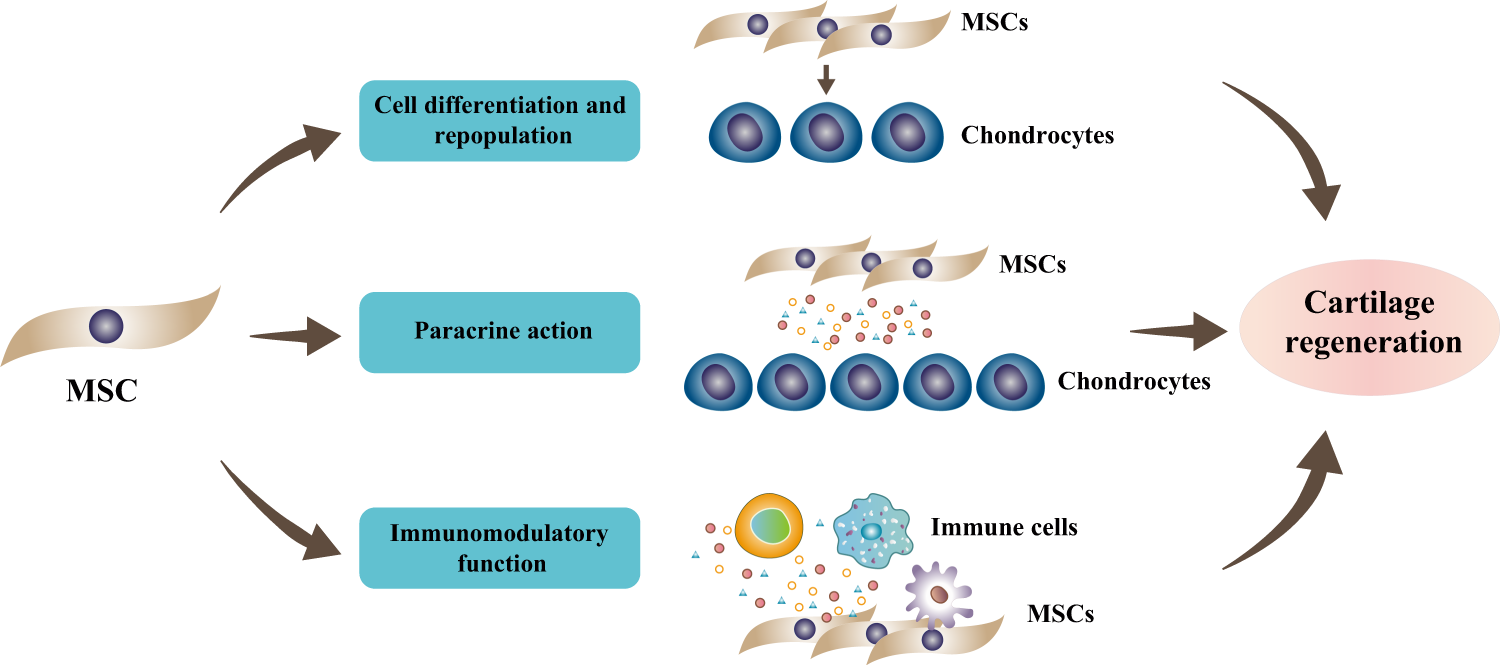


On the Home page, scroll down to find playlists to suit your mood: In the folder called Mood there are many different options to help match your mood such as: Search, there's an option to Browse All categories and genres that might interest you. If you are still unable to access the content you need, please contact the Library. See if your problem has been covered in our frequently asked questions. Search for and select Austin Health in the drop down menu. Application for approval to use animals in a research project - Animal Ethics Committee.Please answer all questions in plain English
#HEALTH SCIENCE INTERACTIVE HARVEST APP UPDATE#
*Please update the version number and date when amending this application form* *Please ensure to allocate a version number and date to your application* Need urgent help? Call 9496 5393 during business hours. We can help you get results - we are experts at information management and searching biomedical databasesĭo you have a clinical question that you need answered? Looking for a book, journal or article? Use the search boxīiomedical and topic specific databases including MEDLINE, Embase, Nursing & Allied Health, PsycINFO etc.
#HEALTH SCIENCE INTERACTIVE HARVEST APP HOW TO#
Learn how to use EndNote we'll show you how to create a library, import references, attach PDFs, create and manage groups, Cite While You Write, and back up your Library. If you have already started your re search and feel that you may be missing results, we can review your search strategy and help you to find the results you need. You may need to register for a Clinicians Health Channel (CHC) account to access some resources from outside the Austin. Join the Library to access resources from off site. If you are looking for a Journal you can search the A-Z Journals list. Use the search box to find books, eBooks, journals and articles. Links to our databases are on the Library website. How do I access journals and databases from off site? Looking for primary evidence such as original studies, RCTs or case reports? Go to our Databases pageĬampbell Collaboration An international social science re search network that produces open and policy-relevant evidence syntheses, plain language summaries. Use the resources on this page to locate high-quality, current evidence that is clinically relevant. Secondary evidence (often called 'pre-appraised') has been selected, appraised and summarised by experts. We teach literature searching and information management to individuals and small groups. Information and tools to help you conduct a systematic reviewĪ tool for large reviews that makes the reviewing process more efficient Improve search sensitivity using search filters for topic or methodology Literature reviews & systematic reviews.īecause grey literature is rarely indexed it's important to keep clear records of exactly where you searched (note URLs), what terms you used and the date you accessed the item – we recommend a spreadsheet. Ongoing trials can also be located through clinical trials registries such as, ANZCTR or the WHO international trials registry. The number of results from each database search are noted for the. Once the author team is satisfied that the search is sufficiently comprehensive and appropriate, the search strategy is then accurately “translated” across other relevant databases. A detailed search is usually established and tested in one database - often MEDLINE, depending on the nature of the question. Search strategies for a systematic review need to include a combination of subject headings and text terms. Preventing and controlling healthcare-associated infections. These PubMed searches will find articles from the last 5 years with a focus on the hospital setting.Ĭlick on 'more search options' in any box for specific subsets including: broader coverage of the topic, Australian focus, or Reviews. Lowitja Institute Search (LIt search) - Aboriginal and Torres Strait Islander. Our COVID-19 Searches page will help you get started Using search filters for a particular topic or methodology may improve your search sensitivity or decrease the number of irrelevant results. Search filters can help to focus your search and retrieve more clinically relevant re search from health science databases.


 0 kommentar(er)
0 kommentar(er)
